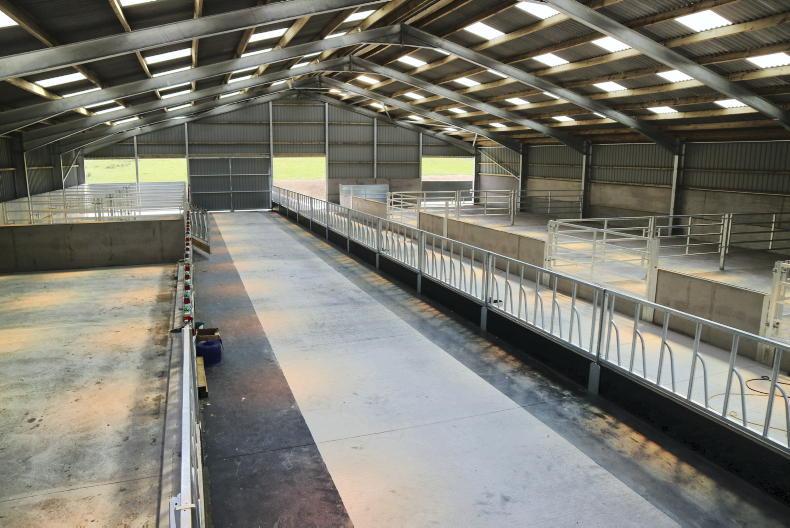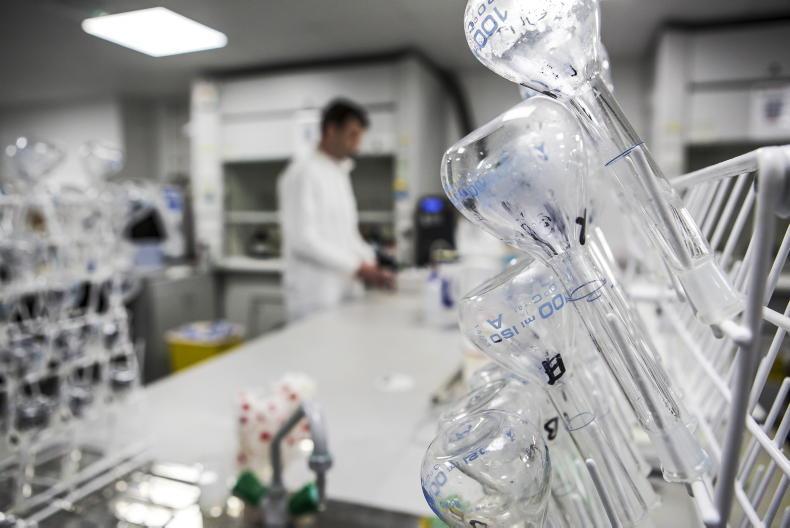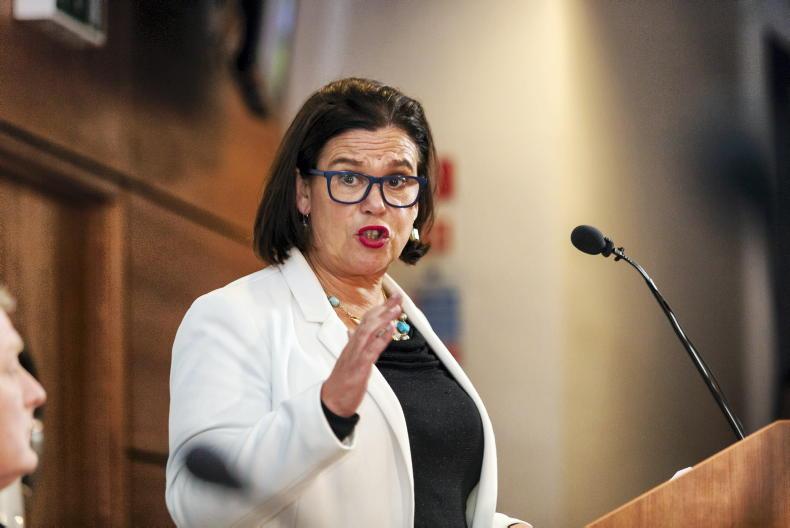I once had a plumber remark to me: “If a farmer goes out and drives a stake in a field, the Department pays him. The Department are paying him for what he should be doing anyway.” While his understanding was crude, it was right to a certain point, with TAMS giving grant aid to farms for sheep fencing and, now, cattle fencing.
What the plumber didn’t understand was that is the intention of CAP – to subsidise the production of high-quality, traceable food, maintain animal welfare standards and protect and improve the environment, all of which the humble stake was doing.
It was creating paddock divisions to allow better grass utilisation to produce high-quality grass-fed protein, preventing neighbouring stock mixing and the possible transfer of disease between herds, as well as keeping animals out of our waterways.
The €250m in TAMS III aid to be spent across the next five years will be spent on fencing and much more. Better handling facilities, increased slurry storage capacity, and new livestock housing will all lead to improvements for the farmer, the animal and the environment.
Need to encourage young people
All this funding will be needed to better improve our facilities to encourage more young people into our industry, from both agricultural and non-agricultural backgrounds. For many years, the agriculture industry has seen an ageing population of farmers, with just 5% of farmers in Ireland under the age of 35. Coupled with this, farming has consistently been the most dangerous workplace to be in. Agriculture accounts for close to half of all workplace deaths, despite being a small percentage of the workforce.
TAMS stands for Targeted Agricultural Modernisation Scheme, and this is what the scheme intends to facilitate; increase the development of infrastructure on farm to create safer environments for farmers and improve the work-life balance. While mechanisation will never replace human labour fully, improving infrastructure will improve working conditions on farms and will have the net effect of attracting more labour.









SHARING OPTIONS